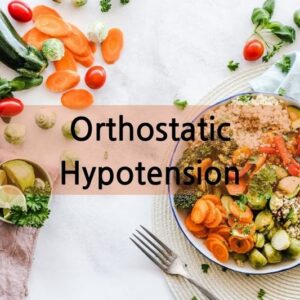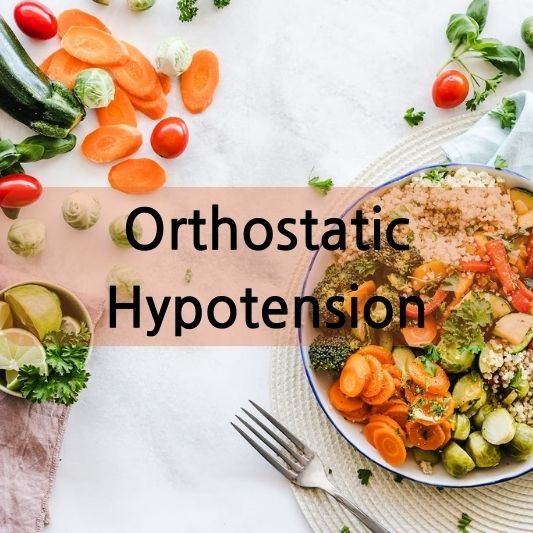Orthostatic hypotension can be a perplexing condition, leading to sudden drops in blood pressure upon standing. This often overlooked yet significant medical concern can significantly impact one’s daily life. Understanding its causes, symptoms, and management strategies is crucial for individuals experiencing these fluctuations.

Introduction to Orthostatic Hypotension
Orthostatic hypotension, also known as postural hypotension, refers to a rapid decrease in blood pressure when a person stands up from sitting or lying down. While occasional minor drops in blood pressure are common, persistent and symptomatic hypotension can lead to dizziness, fainting, and an increased risk of falls.
Causes and Risk Factors
Various medical conditions such as Parkinson’s disease, diabetes, and certain heart conditions can contribute to orthostatic hypotension. Additionally, factors like dehydration, prolonged bed rest, and medications may trigger this condition.
Symptoms and Diagnosis
Identifying symptoms like dizziness, blurred vision, and fainting spells upon standing is crucial for diagnosis. Medical professionals employ tilt-table tests and blood pressure monitoring to confirm orthostatic hypotension.
Impact on Daily Life
The condition can significantly affect an individual’s ability to perform daily tasks, leading to challenges in mobility and independence. Simple measures like rising slowly and staying hydrated can help manage its impact.
Treatment Options
Treatment involves a combination of lifestyle changes, such as increasing salt intake and wearing compression stockings, along with medications to regulate blood pressure.
Prevention Techniques
Implementing lifestyle modifications like maintaining proper hydration, avoiding sudden position changes, and regular exercise can reduce the risk of orthostatic hypotension.
Research and Advancements
Ongoing research aims to explore new treatment modalities and understand the underlying mechanisms contributing to orthostatic hypotension.
Living with Orthostatic Hypotension
Support groups and resources provide invaluable assistance to individuals coping with this condition, offering guidance and emotional support.
Importance of Medical Guidance
Consulting healthcare professionals for proper diagnosis and management is paramount in effectively dealing with orthostatic hypotension.
Myths and Misconceptions
Dispelling myths like considering orthostatic hypotension a benign condition is essential for better comprehension and management.
Understanding Autonomic Dysfunction
Orthostatic hypotension often links to autonomic dysfunction, highlighting the importance of understanding the intricacies of the autonomic nervous system.
Age and Orthostatic Hypotension
Age-related factors may exacerbate orthostatic hypotension, necessitating tailored approaches for different age groups.
Case Studies or Real-life Scenarios
Real-life experiences can shed light on the challenges faced by individuals dealing with orthostatic hypotension, providing a relatable perspective.
Impact on Mental Health
The psychological toll of managing this condition underscores the need for holistic support and strategies to preserve mental well-being.
Conclusion
Orthostatic hypotension demands attention and awareness. By understanding its nuances, implementing preventive measures, and seeking medical guidance, individuals can effectively manage its impact on their lives.
FAQs
Is orthostatic hypotension a serious condition?
While not always severe, it can significantly affect daily life and increase the risk of falls, requiring attention.
Can lifestyle changes alone manage orthostatic hypotension?
In some cases, lifestyle modifications like hydration and proper positioning can help, but medical advice is crucial.
Are there specific age groups more prone to orthostatic hypotension?
Older adults and individuals with certain medical conditions are more susceptible.
Is orthostatic hypotension always a sign of an underlying health issue?
Not always, but it can be associated with various medical conditions, warranting medical evaluation.
Can orthostatic hypotension lead to fainting?
Yes, sudden drops in blood pressure may cause fainting spells, emphasizing the need for precautionary measures.
Find out the price of nutritional supplements that help blood pressure health on iHerb!
